We’re living in the age of the Soulslike, and Black Myth: Wukong is living proof. Gone are the days of mediocre action-RPGs that barely hold a candle to FromSoftware’s greats; developers are spitting out exceptional Soulslikes left and right, and now it’s Wukong’s turn to take center stage.
Black Myth: Wukong is the first AAA-standard release from Chinese developer Game Science. It’s loud and dramatic from the get-go, with top-tier combat and more top-quality boss fights than I’ve ever seen in a Soulslike. But while it does lots of things right, it’s missing a few important elements of the formula, stopping it shy of achieving true greatness.
If you came for the boss fights, you’re in the right place
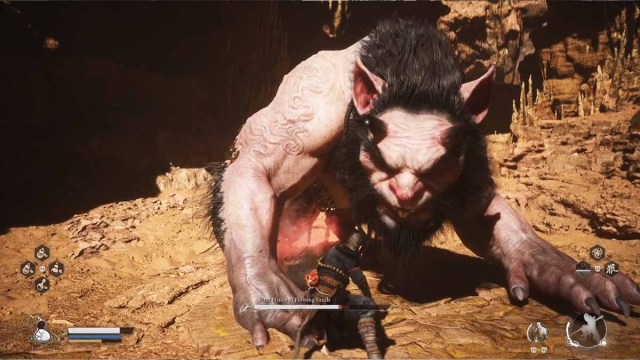
I’ll get straight to the point: Black Myth: Wukong’s combat and boss fights are excellent. Shortly after finishing the opening section, you awaken in a patch of dirt with nothing but a staff and a health bar, and a few moments later, it’s time to start smashing skulls. While Wukong lacks the build diversity of Souls games and most Soulslikes, its combat is refined, tightly designed, and—best of all—fun. You can’t parry, but there’s a perfect dodge system that feels satisfying and responsive, although the slow-mo effect when you evade perfectly does throw me off occasionally by making me mistime my next dodge roll.
Hitboxes feel pixel-perfect for the most part, and attacks are well-telegraphed, so when you die, it’s usually because you need to git gud. Importantly, there are tons of different enemy types (with a whole host of new enemies every chapter), so combat always feels fresh, and my god, the boss fights. They’re ruthlessly challenging, especially from chapter two onward, and there are so many—from field minibosses to full-scale battles with Yaoguai—gargantuan Chinese mythological monsters ranging from gorgeous to grotesque. You could transpose these boss fights into a FromSoftware game and probably wouldn’t know the difference, which is a glowing compliment to Game Science’s boss designers.
So, if you love Souls games for their rigorously refined combat and bombastic bosses, you’re in for a treat. But if you love Souls games for their build diversity, replayability, and exploration, you’re out of luck. There’s little in the way of build customization, and your version of Sun Wukong probably plays almost identically to mine. There are passive skill trees, and you can occasionally choose which permanent stats to upgrade; just don’t expect anything close to the freedom of other mainstream Soulslikes. You’re playing one character with one moveset and a (somewhat customizable) handful of spells, and you should expect that to stay the same throughout most of your playthrough.
The world is visually gorgeous, but shallow beneath the surface
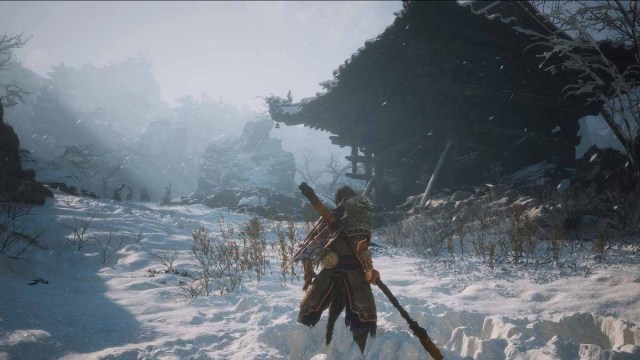
Likewise, if you’re hoping for a wide, open world to explore with lots of shortcuts and branching paths, you’ll be disappointed. Black Myth: Wukong isn’t an open-world game and doesn’t pretend to be. Each chapter has its own distinct biome—think green forests, yellow deserts, and snowy peaks, with zero overlap. There are cutscene transitions between each chapter, but you can freely travel back to old areas whenever you want. And while the first chapter is mostly linear, I was very impressed by the openness of the second.
Black Myth: Wukong doesn’t have an open world, but that doesn’t mean it isn’t worth exploring. The outdoor environments are jaw-droppingly beautiful, which is likely down to the power of the Unreal Engine, but hats off to Game Science for making it work so well. But while the world is stunning, the level design leaves a lot to be desired. There are a few important (and missable) things to find off the beaten path, like treasure chests, meditation spots, and plants to mix into stat-buffing potions, but good luck working out where you’re going.
Wukong’s biomes are disappointingly homogenous, so aside from a few striking exceptions, every area within a chapter looks almost identical. You start in a green forest, and a few hours later, at the end of chapter one, you’re still in that same green forest. There are very few discernable landmarks, unlike in Souls games, where past and future areas are clearly telegraphed on the horizon. Chapter two is full of branching paths, though, and even a door that “doesn’t open from this side” (praise the Souls!), but the whole map looks so goddamn similar that backtracking for things you missed is an exercise in patience.
The worst part is that there are invisible walls everywhere. It’s not uncommon to see a path that looks like it hides a secret, but nope, there’s an invisible wall blocking the way. There’s a strange design dissonance in having secrets tucked in unlikely places, but to find those places, you need to repeatedly bash your head against invisible walls until you find a spot that isn’t blocked off.
A worthy addition to the Soulslike pantheon
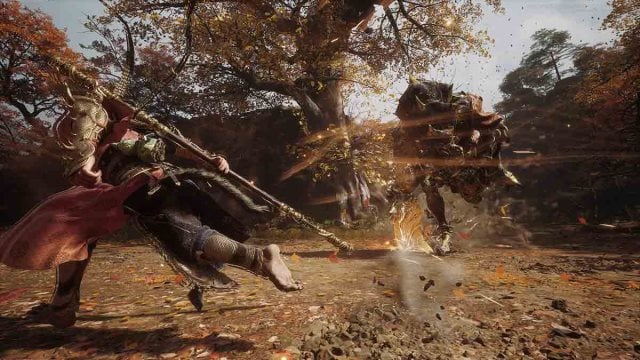
Despite their shortcomings, these design elements come together to form a tight, polished package that feels deliberate and engaging from the start. Black Myth: Wukong certainly isn’t without its flaws, and I amassed a fair few gripes during my playtime, but they didn’t substantially detract from my enjoyment.
There are a few bugs (but nothing game-breaking), the story is woefully confusing (but that’s par for the course in a Soulslike), and I wish there was more freedom to create and explore. But all things considered, Game Science did an excellent job at making an action-RPG that stands up to the titans of the genre, which is especially commendable considering it’s the developer’s first big project. So, despite allegations of sexism running rife within Game Science, I’m confident this isn’t the last we’ll be seeing of them. Black Myth: Wukong is a top-tier Soulslike, and if you love Souls games for their combat and boss fights, you won’t regret your purchase.
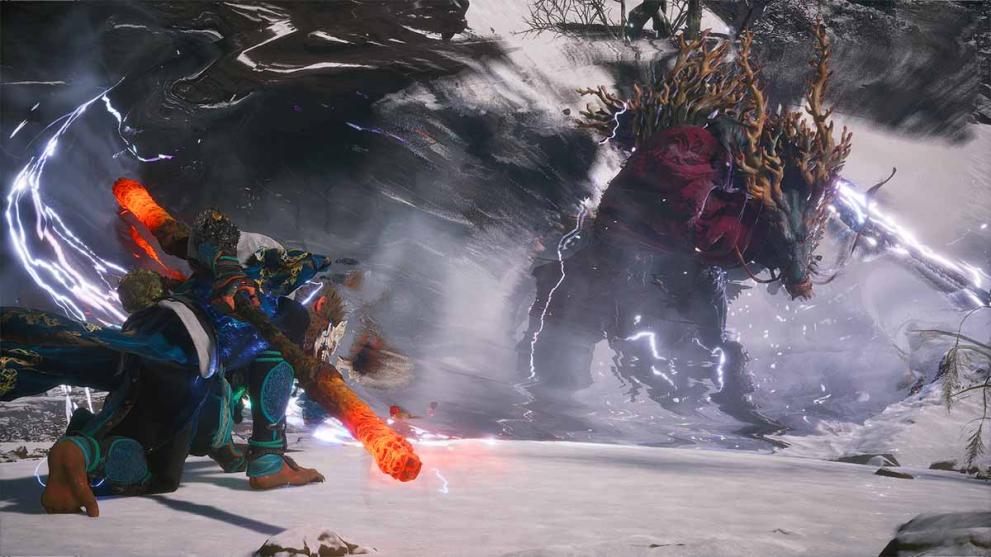
- Great combat
- Great bosses
- Beautiful graphics
- Polished and well-presented
- Limited build diversity
- Limited exploration
- Invisible walls
- Confusing story


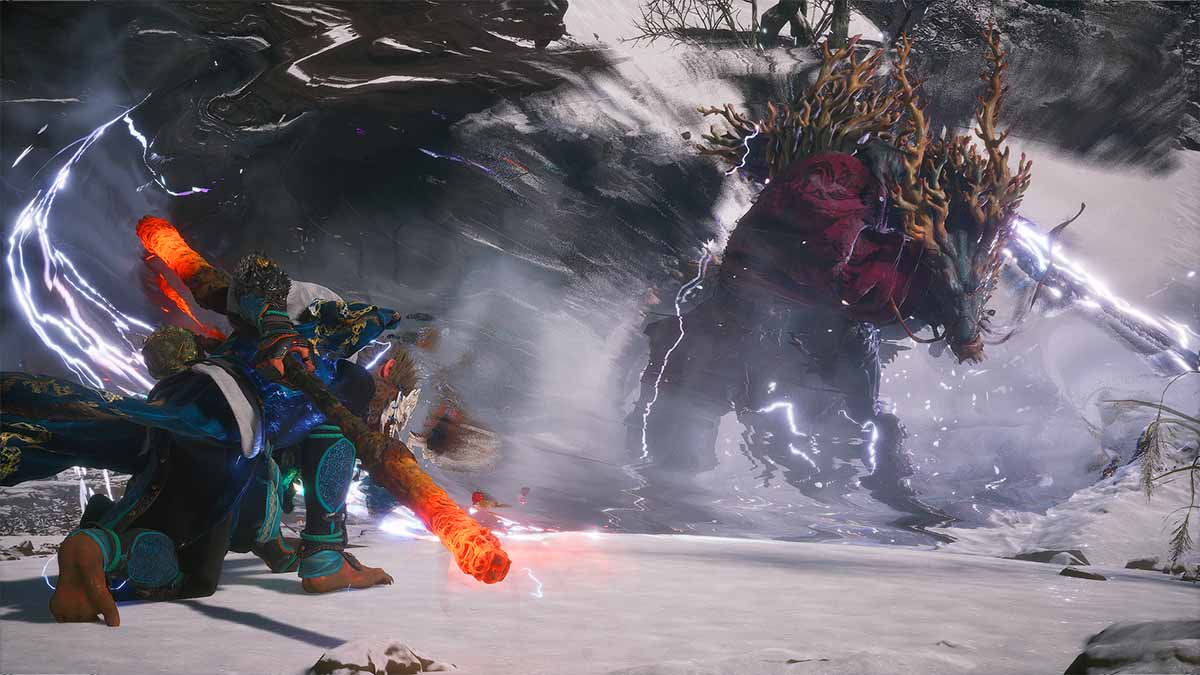

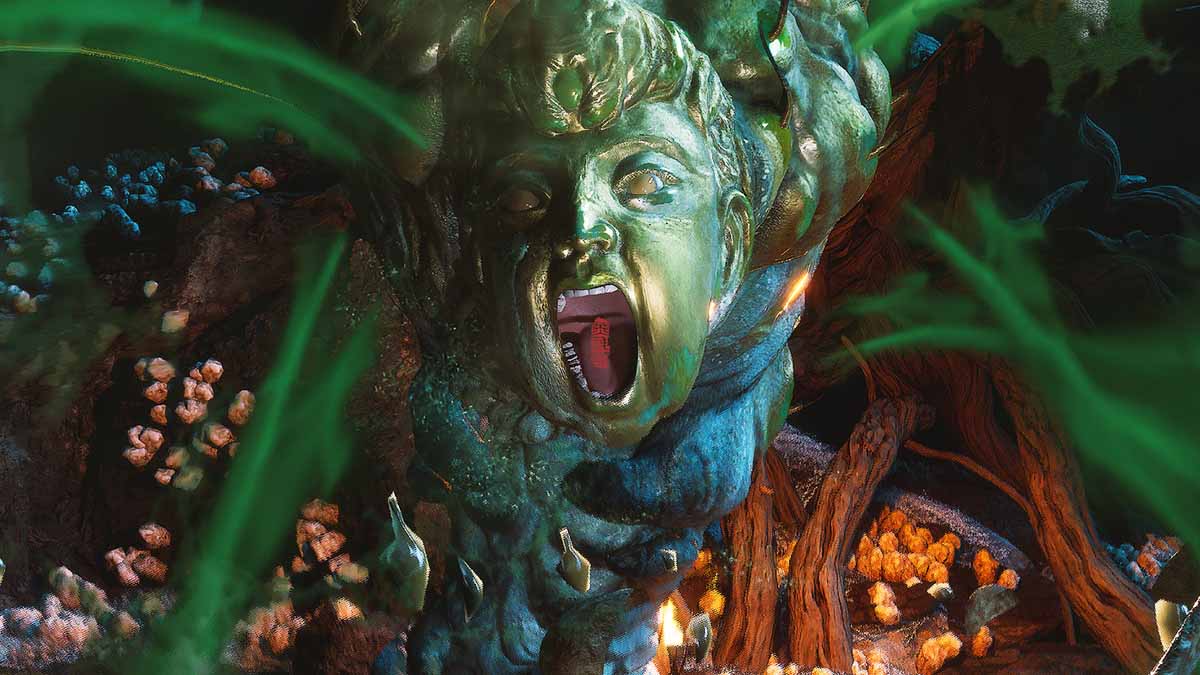
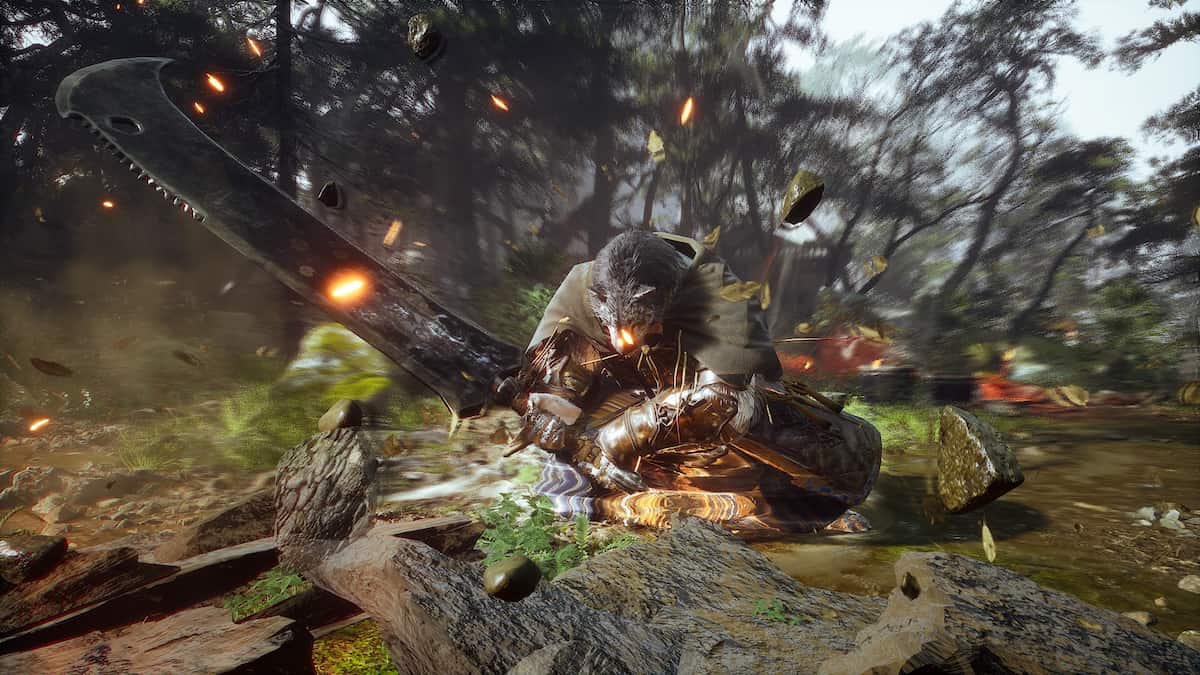

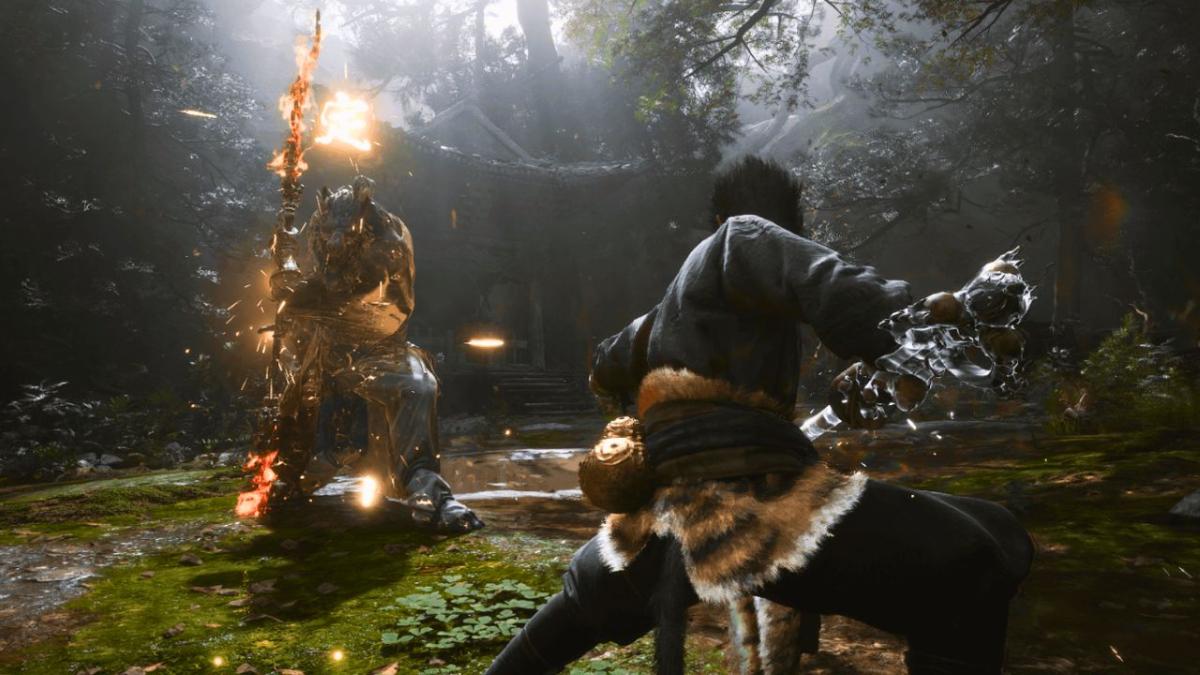
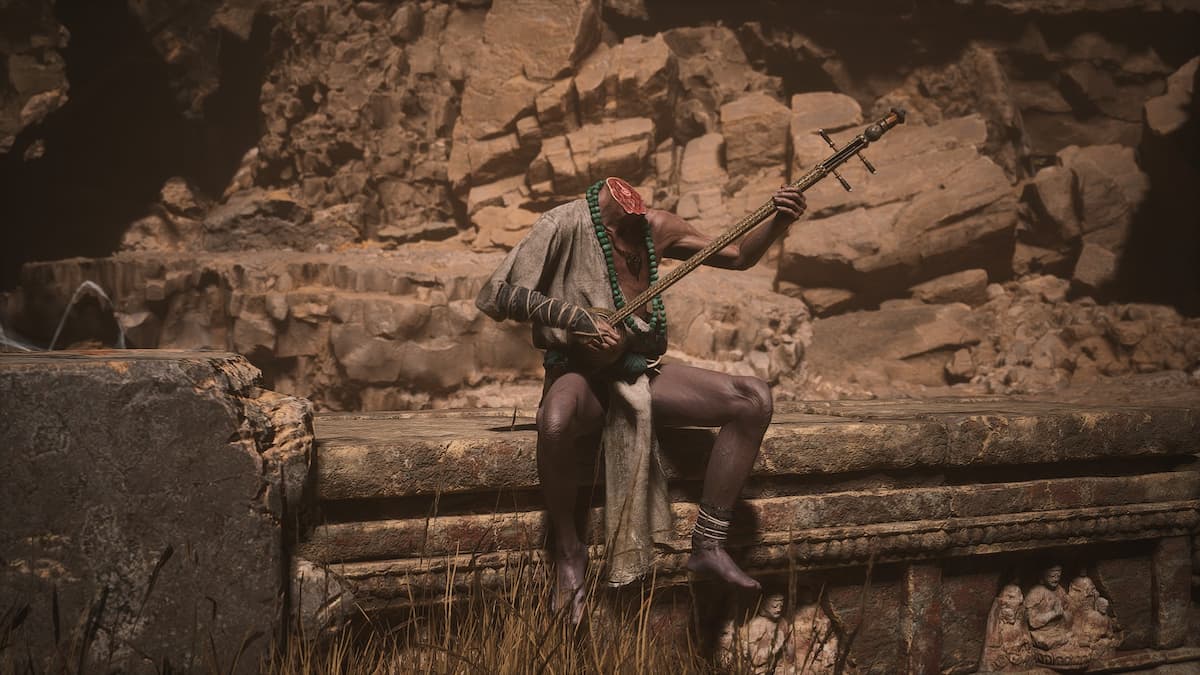
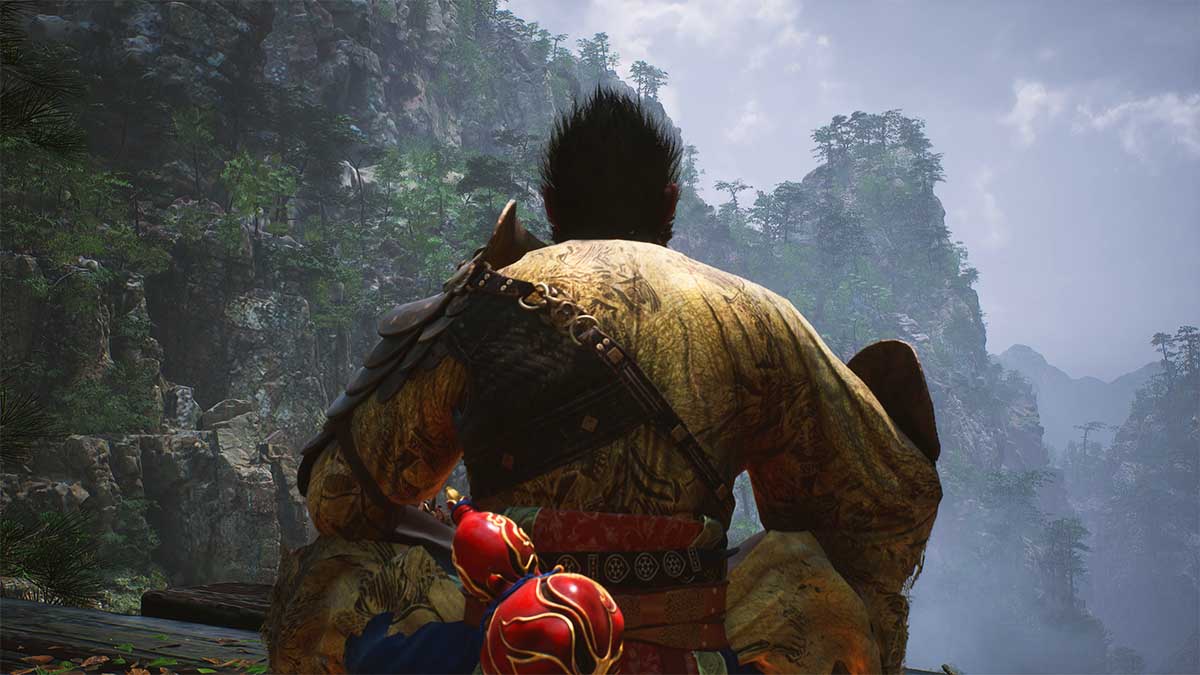
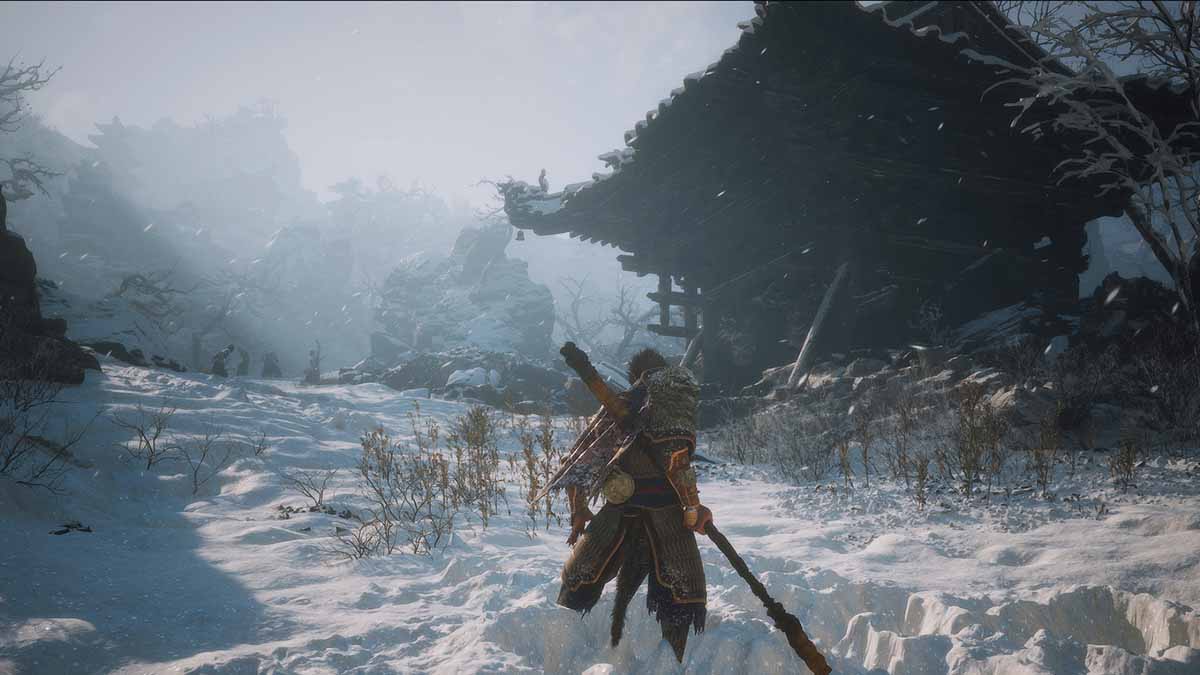
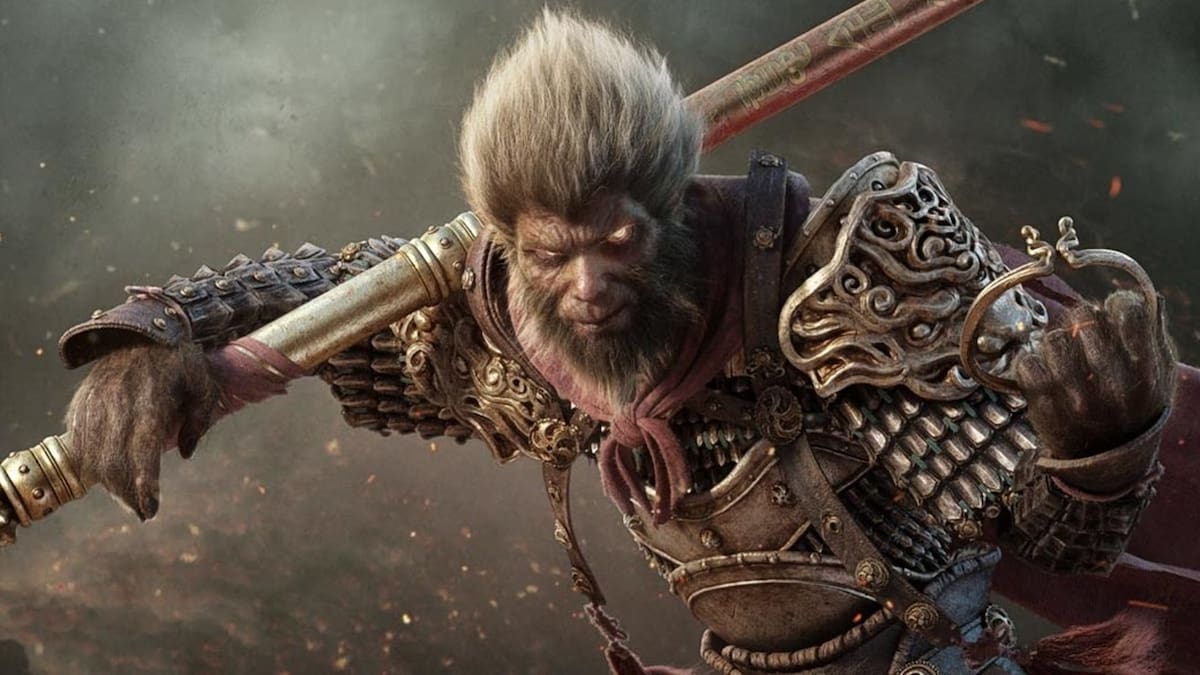
Published: Aug 16, 2024 09:00 am